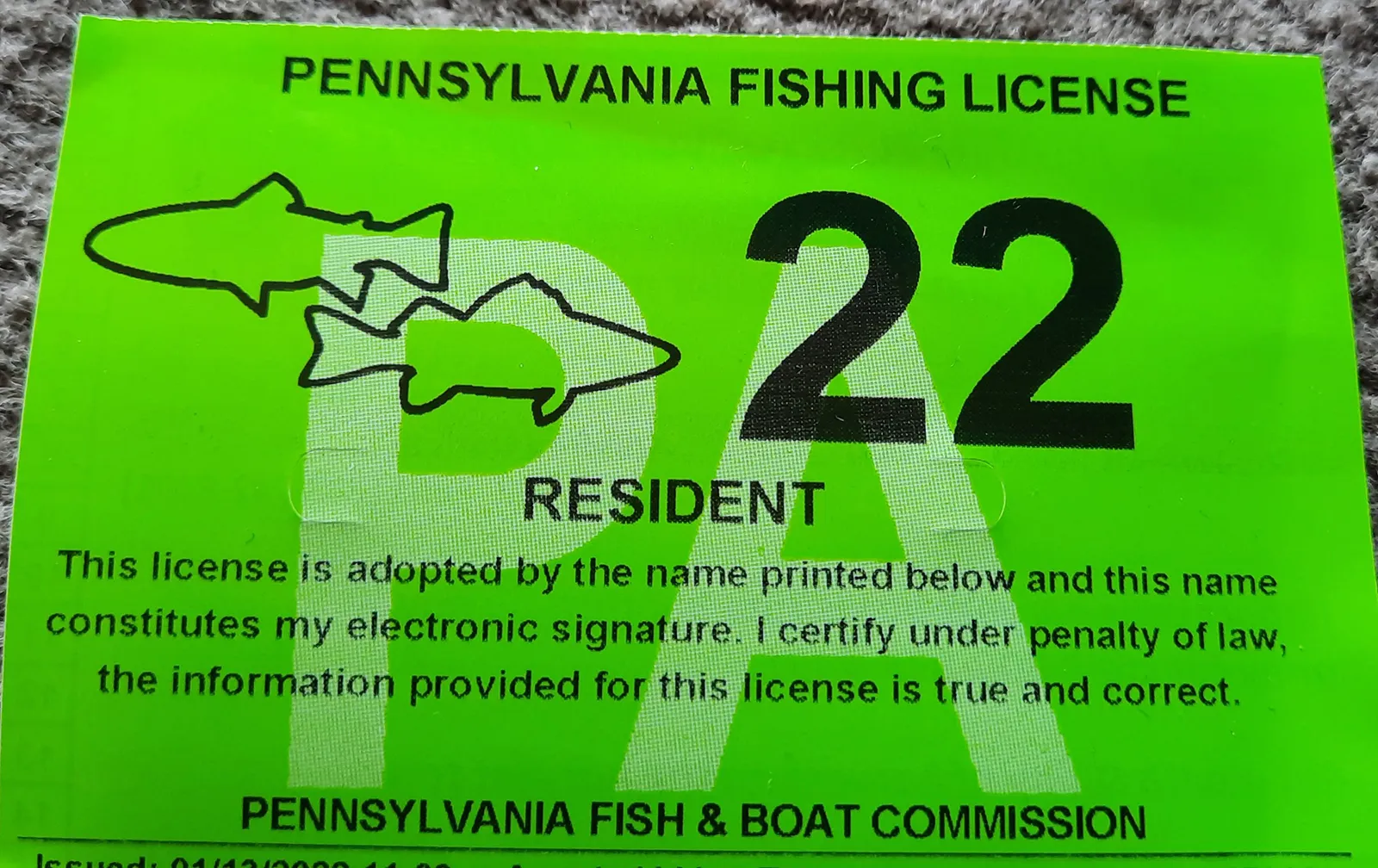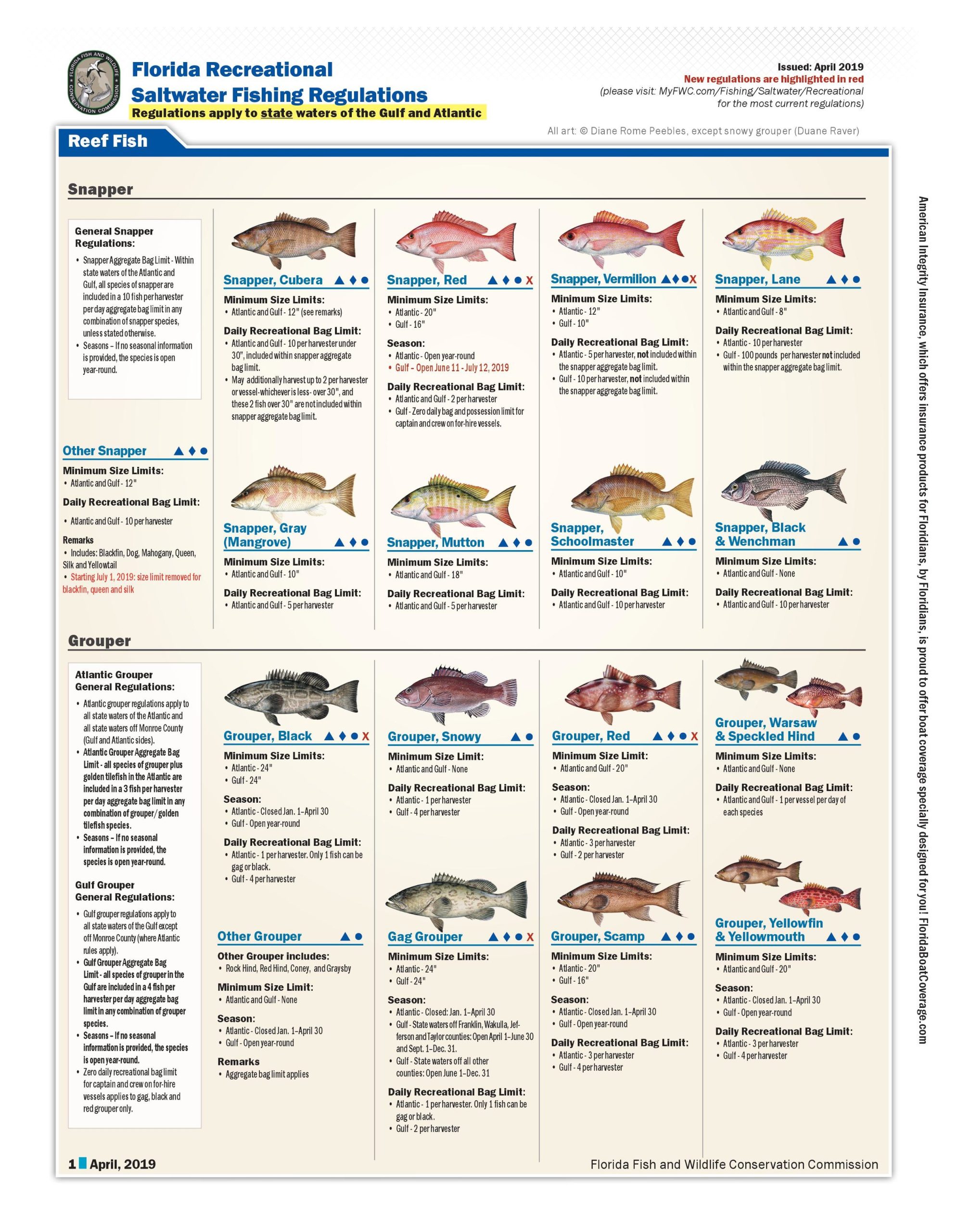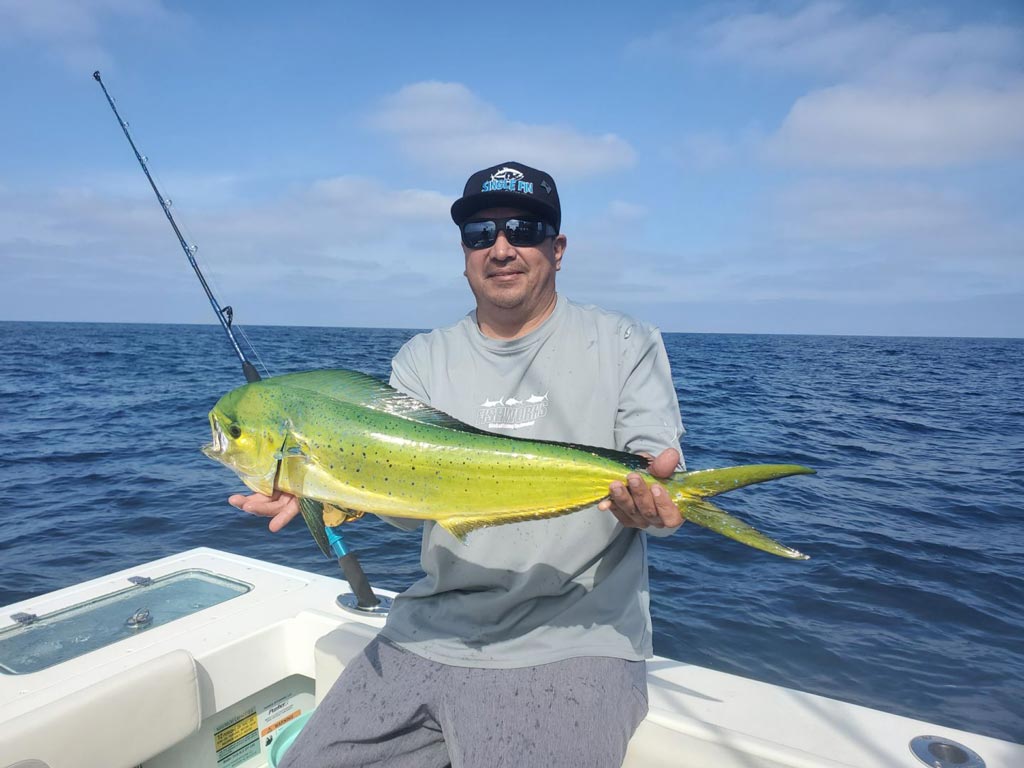Fishing with kids is an opportunity to create lasting memories. It’s a chance to connect with nature, teach valuable life lessons like patience and respect for the environment, and ignite a passion for the outdoors that can last a lifetime. However, before embarking on this aquatic adventure, understanding the various fishing regulations for children across the US is crucial. This comprehensive guide dives into the specifics of fishing licenses, bag limits, and special considerations in different states, equipping you for a safe, legal, and fun-filled fishing trip with your little angler.
Demystifying Fishing Licenses for Young Hooksters
Licensing requirements for young anglers vary greatly from state to state. Here’s a breakdown of some popular fishing destinations:
- California: The Golden State offers a welcoming environment for youngsters. Children under 16 are exempt from needing a fishing license, allowing them to experience the thrill of the catch without bureaucratic hurdles. However, it’s important to remember that these young anglers must still adhere to all other fishing regulations, including bag limits and size restrictions for specific fish species.
- Michigan: The Great Lakes State follows a similar approach. Children under 17 are exempt from needing a fishing license. This exemption offers a window of opportunity to introduce your child to the sport without initial investment. Keep in mind that if your child reaches the age of 17 during the fishing season, they will need to purchase a license to continue fishing. Michigan also offers a voluntary youth fishing license for a nominal fee. While not mandatory, this license contributes to valuable conservation efforts and fishery programs, fostering a sense of environmental responsibility in young anglers. An additional perk in Michigan is that adults assisting children with fishing (e.g., baiting hooks, casting lines) do not require a license as long as they are not actively fishing themselves.

- Oregon: Oregon caters to budding anglers by offering a license exemption for children under 12. This allows even the youngest outdoor enthusiasts to get their feet wet (figuratively!). However, for youngsters aged 12 to 17, a youth license becomes necessary. To make fishing more accessible for families, Oregon also boasts several free fishing weekends throughout the year. During these designated periods, anyone, including kids of all ages, can fish without a license. These free fishing weekends are a fantastic opportunity to introduce your child to the sport in a relaxed and pressure-free environment.
Beyond the License: Bag Limits, Size Restrictions, and Special Considerations
While a fishing license might not be mandatory for young anglers in some states, there are other regulations to keep in mind:
- Bag Limits and Size Restrictions: Even though kids may not need a license, they must still adhere to the same bag limits and size restrictions that apply to adult anglers. These regulations are in place to ensure the sustainability of fish populations. Familiarize yourself with the specific limits for the species you are targeting to avoid any unintentional violations.
- Special Waters and Endorsements: Some states have designated waters with additional restrictions or requirements. These could be areas with particularly sensitive ecosystems or specific fish populations that require extra protection. Always check local regulations before heading out on your fishing trip. Additionally, in some states like Oregon, certain areas or species may require special endorsements or tags, such as those needed for salmon, steelhead, or sturgeon. Make sure you have the necessary permits before targeting these fish.

Gearing Up for Success: Essential Tips for Fishing with Kids
Now that you’re familiar with the regulatory landscape, here are some additional tips to ensure your fishing trip with kids is a success:
- Safety First: Safety should always be the top priority. Ensure all children wear properly fitted life jackets, especially when near or on the water. Instruct them on safe boating practices if you’re venturing out on a vessel.
- Patience and Fun: Remember, the goal is for kids to have a positive and enjoyable experience. Keep the atmosphere light and fun. Embrace their excitement and celebrate even the smallest catches. Fishing is not just about catching fish; it’s about connecting with nature and spending quality time together.
- Kid-Friendly Gear: Adult-sized fishing gear can be overwhelming and difficult for young anglers to handle. Invest in a smaller rod and reel combo that’s specifically designed for children. Look for features like lightweight construction, comfortable grips, and shorter lengths for easier casting and reeling.
- Embrace the Learning Experience: Use fishing as an opportunity to teach your child about different fish species, their habitats, and the importance of conservation. Explain the concept of catch-and-release for certain species and instill a respect for the delicate balance of the aquatic ecosystem.

Robert Smith is the proud owner of Bait Barrels and Bows, a premier fishing sports store established in 1989. With over three decades of experience in the industry, Robert has honed his skills to become an expert angler, sharing his vast knowledge and passion for fishing with enthusiasts around the world. Through his store and writings, Robert provides invaluable tips and guidance, helping both novice and seasoned anglers improve their techniques and enjoy the sport to its fullest. His commitment to the fishing community is evident in his dedication to quality products and excellent customer service.

